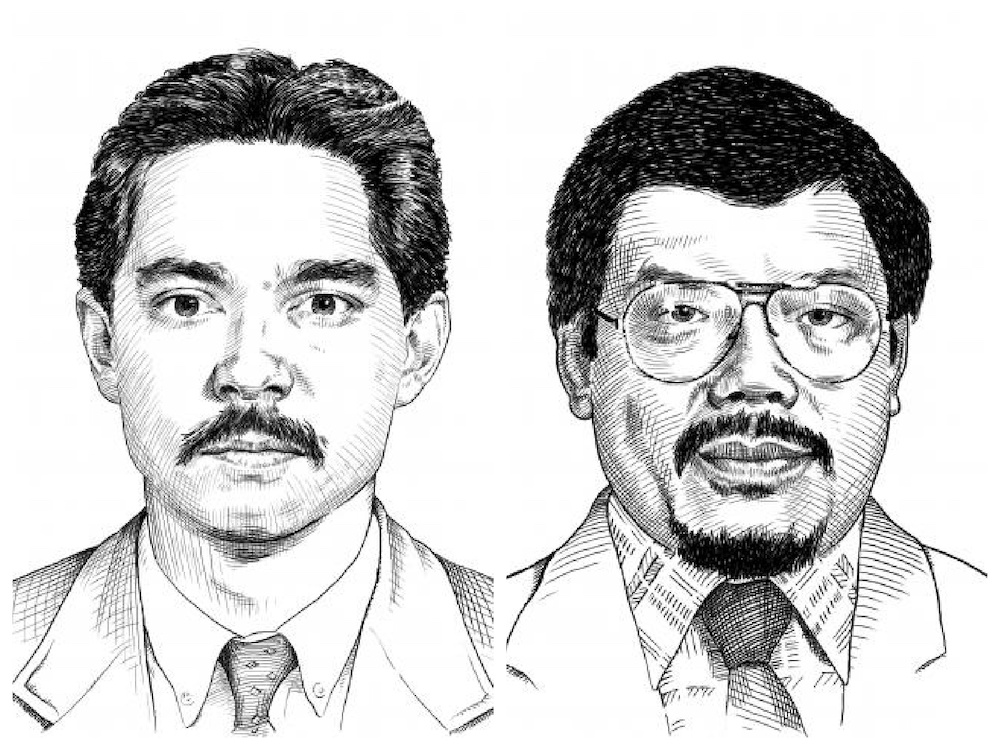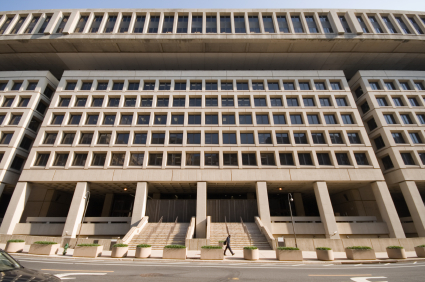By Allan Lengel
Retired DEA agent Richard Crock, who is chairman of the DEA Survivors Benefit Fund, is encouraging law enforcement supporters to write the California parole board to oppose the parole of Michael Chia, who was convicted for his part in the 1988 murder of two DEA agents. A third agent was shot and wounded.
Chia, 20, at the time of the crime, was convicted in Pasadena Superior Court in 1988 in the plot with three other men to rob and kill DEA agents George Montoya and Paul Seema, who were posing as fellow drug dealers. Court testimony showed that was involved in the plot, but did not actually shoot the agents.
Crock is encouraging people to express their opposition to the. parole board at BPHEXE.BRDMEETING@cdcr.ca.gov no later than Monday, Aug. 19.
In a statement to ticklethewire.com, Crock said:
“The DEA Survivors Benefit Fund was created to assist the families of DEA Special Agents killed in the line of duty. Michael Chia was convicted of murdering Special Agents George Montoya and Paul Seema in a premeditated ambush style robbery and murder, a third Special Agent barley escaped with his life.”
“We seek the assistance of all law enforcement supporters to contact the parole authority and let them know Michael Chia should not receive parole and be subjected to the same lifelong anguish that Paul Seema and George Montoya’s families and their colleagues have had to endure. Todays’ law enforcement and society face enough danger without subjecting them to a convicted killer like Chia.”
On March 5, the parole board granted Chia’s parole request. On July 12, California Gov. Gavin Newsom referred the ruling for review by the full parole board.
Under California law, the governor has right to review proposed parole recommendations in cases like this, and change a decision. In this case, Newsom has sent a memo asking the parole board to consider certain issues.
Newsom’s memo is as follows:
In 1988, Michael Chia and his crime partners planned to rob drug buyers who were actually undercover Drug Enforcement Agency agents. Mr. Chia drove his crime partners to the scheduled drug deal in a parking lot, dropped them off, and drove away. During the deal, Mr. Chia’s crime partners opened fire on the agents, killing two and injuring a third. Officers returned fire and fatally shot two of Mr. Chia’s crime partners.
I acknowledge that Mr. Chia committed this crime when he was 20 years old and that he has since been incarcerated for over 36 years. The psychologist who evaluated Mr. Chia found that, at the time of the crime, Mr. Chia demonstrated hallmark features of youth, which diminished his culpability under youth offender laws.
I also acknowledge that Mr. Chia has made efforts to improve himself in prison. Mr. Chia has participated in extensive self-help programming, completed multiple vocations, earned his GED and three associate degrees, and has maintained a positive employment record. I commend him for his efforts in rehabilitation and encourage him to continue on this positive path. However, I find that this case warrants the consideration of the full Board of Parole Hearings to determine whether Mr. Chia can be safely released at this time.
Mr. Chia’s history of antisocial relationships was a primary causative factor of his life crime. There is also a close nexus between Mr. Chia’s alcohol use and unstable peer relationships, which continued in prison. The evaluating psychologist diagnosed Mr. Chia with Alcohol Use Disorder, which is now in institutional remission.
Mr. Chia will face significant stressors if released on parole, including the possibility of deportation to a country where he has not lived for decades. He will require strong coping skills to prosocially manage the challenges he will face. I ask the full Board to determine whether he has the insight and tools he will need to succeed on parole. I also ask the Board to evaluate Mr. Chia’s parole plans, and in particular the strength of his social supports, and determine if they are adequate to support his safe release.





